Affiliate links on Android Authority may earn us a commission. Learn more.
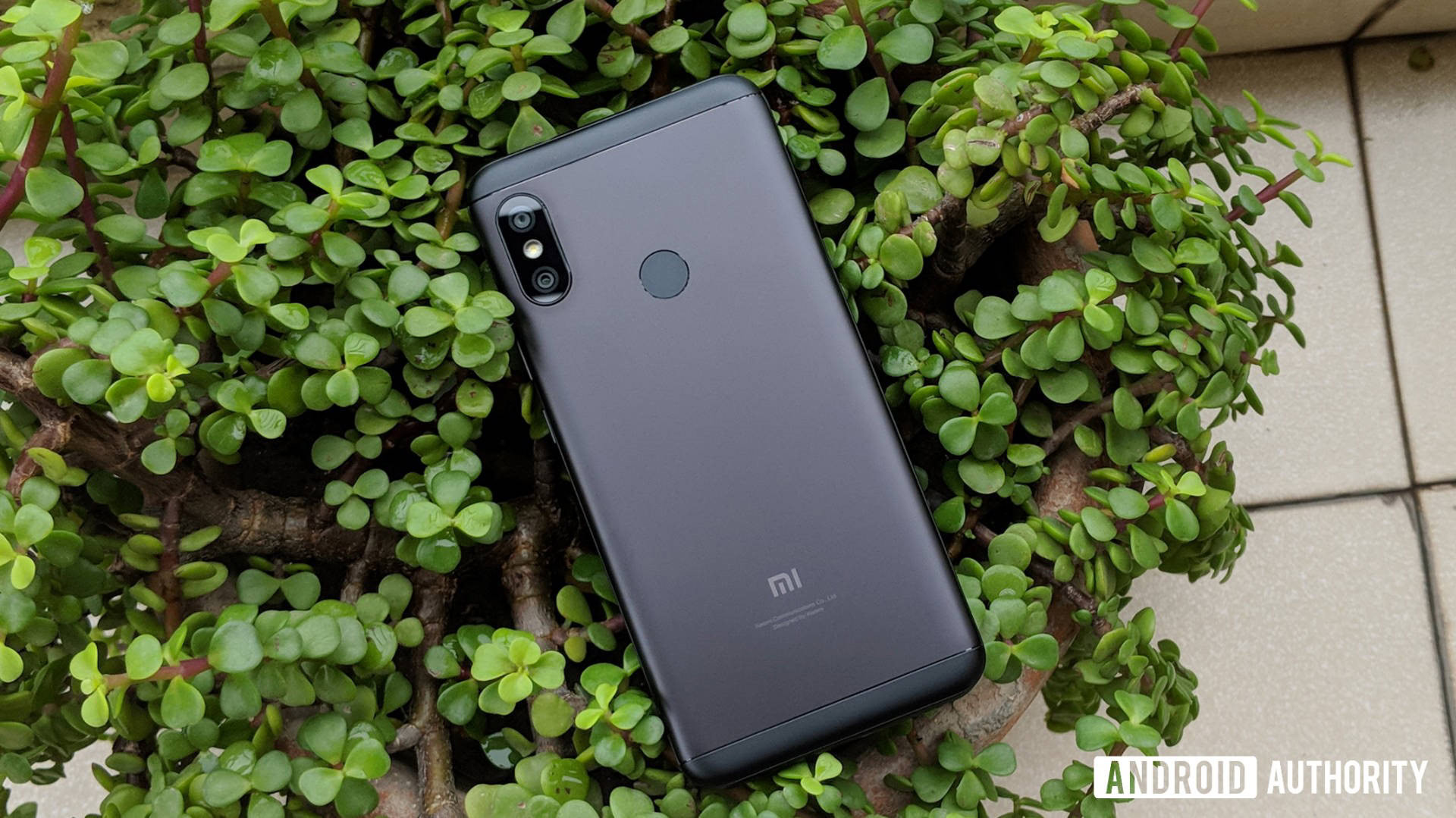
Xiaomi Redmi 6 Pro
What we like
What we don't like
Xiaomi Redmi 6 Pro
The new Redmi 6 Pro is Xiaomi‘s attempt to bring mid-range features to the budget segment and keep up with the times.
It’s essentially the Mi A2 Lite, which launched globally last month, except in India. However, unlike the Mi A2 Lite, the Redmi 6 Pro isn’t an Android One phone, running Xiaomi’s proprietary MIUI skin instead of stock Android.
The budget and mid-range smartphone market in India is very crowded and Xiaomi has reveled in this chaos, releasing a phone at every couple of thousand rupees — sometimes more than one.
While the confusion to pick a device that fits one’s needs is a tad tedious, the wide choice for customers isn’t actually a bad thing. Where does the Redmi 6 Pro fit in the company’s portfolio. Is it a well-rounded smartphone for the price? Read our full Xiaomi Redmi 6 Pro review to find out.
Design
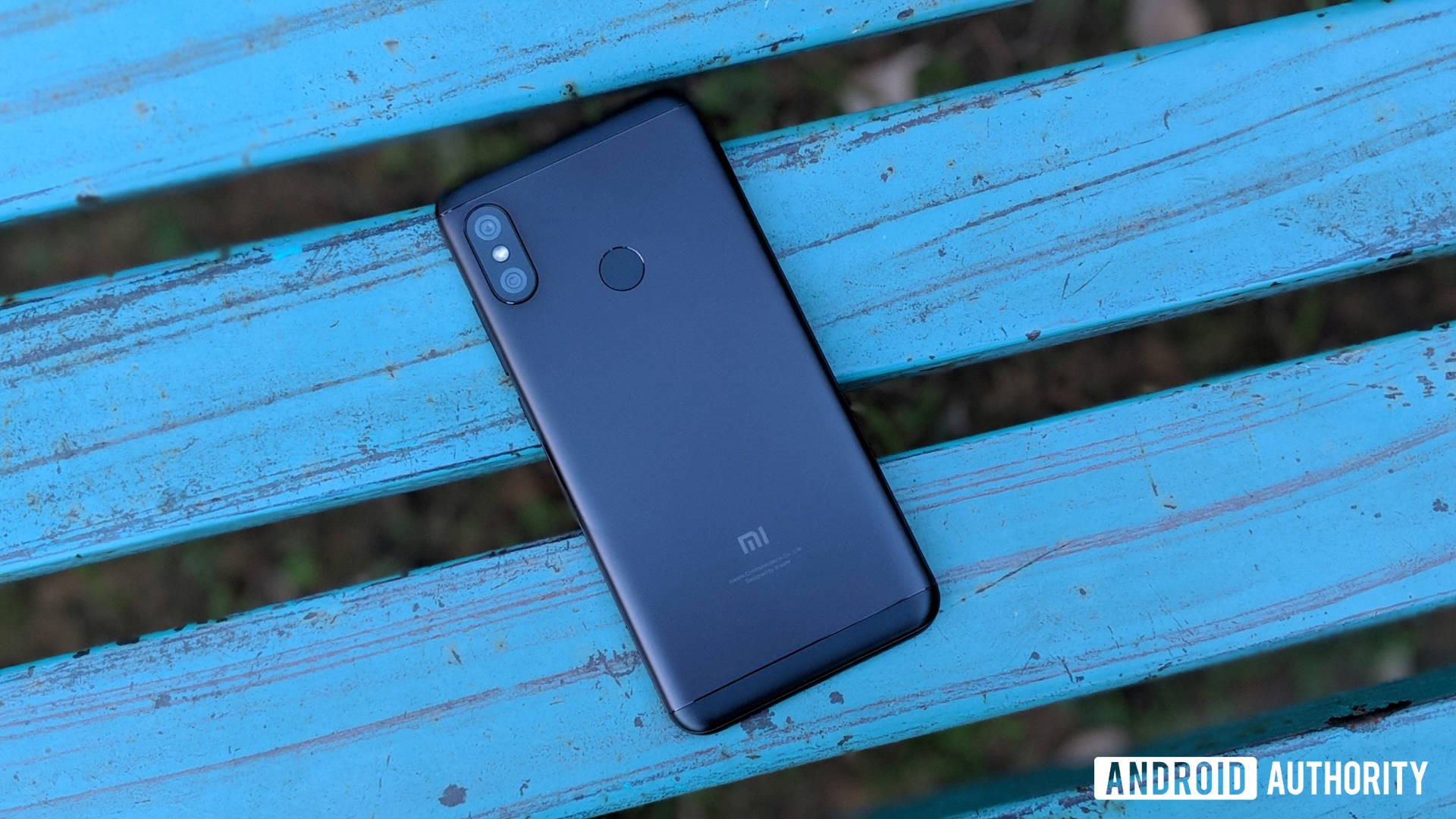
The Redmi 6 Pro looks like, well, most other Redmi smartphones. Xiaomi settled on this design language awhile ago, and though it’s started to get a little boring, most users apparently don’t mind. There’s no differentiation in design, but if it ain’t broke don’t fix it, as they say.
Honestly I’m not a fan of this look. Brands like HONOR and HMD Global often push the envelope in aesthetics, and Xiaomi could too.
The Xiaomi Redmi 6 Pro is a compact phone with comfortable ergonomics and functional design.
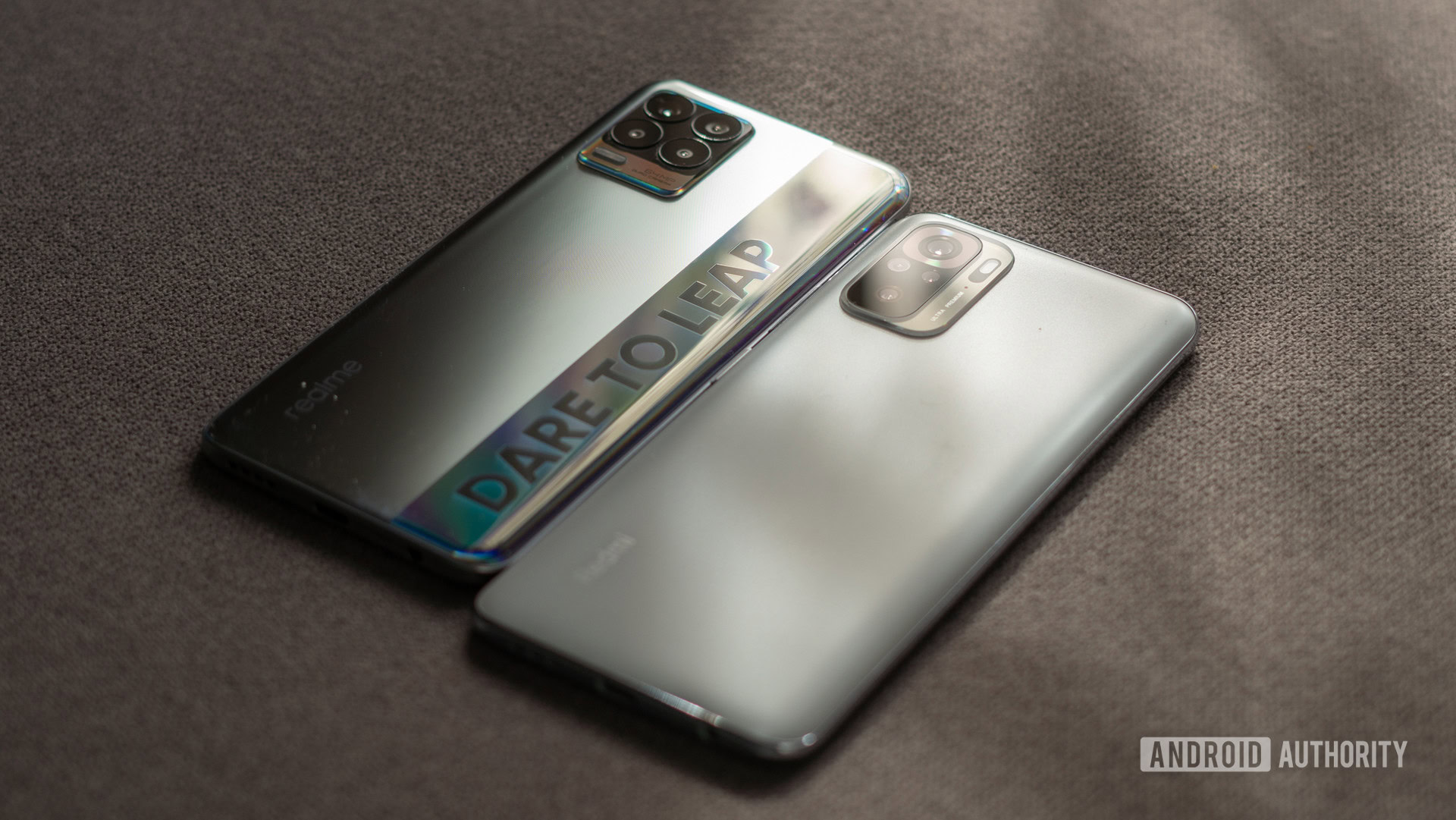
The metal unibody design with rounded edges works in this price range, where durability is an important consideration. The device feels solid and looks like it can take a few scratches or bumps.
The best thing about the Redmi 6 Pro’s design is its compact chassis. The design of the edges, the just-right display size, and the slight heft and thickness from its large battery all give it an excellent feel.
Overall, the Xiaomi Redmi 6 Pro is a compact phone with comfortable ergonomics and functional design – even if there’s nothing new here.
Display
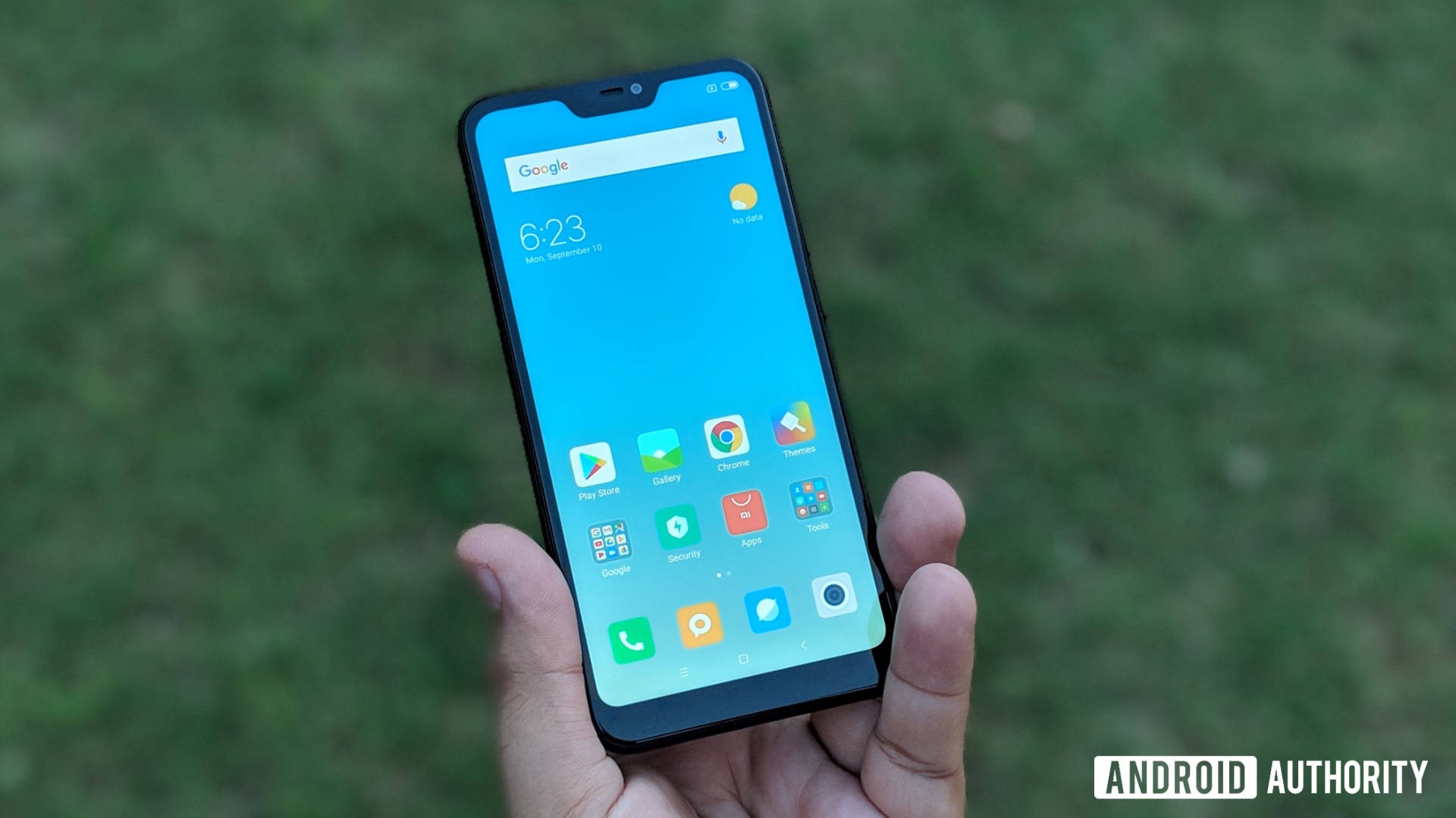
The Redmi 6 Pro is the first Xiaomi smartphone with a notch on top of the display, though the company was one of the earliest ones to offer an all-screen bezel-less display with its premium Mi Mix series. You can hide the notch if you so prefer.
This phone is hardly bezel-less, with considerable bezels all around and a rather large chin at the bottom, so the notch is a bit more noticeable. For a smartphone in its price, it’s fair though, especially considering the ergonomics are just perfect.
The Redmi 6 Pro is the first Xiaomi smartphone with a notch on top of the display.
There’s a tall 5.84-inch Full HD+ display with a 19:9 aspect ratio with a pixel density of 432 pixels per inch. The IPS LCD is rich and vibrant and the text and images appear crisp. The viewing angles are pretty good and the display is bright enough to be readable in bright sunlight.
It’s a tad oversaturated, but you can tune the color saturation and warmth levels to your preference if you want more natural colors.
Performance

The Xiaomi Redmi 6 Pro is powered by the Qualcomm Snapdragon 625 SoC, Xiaomi’s staple ingredient for most of its devices for this segment. The 14nm octa-core chipset offers a good balance of horsepower and efficiency on a budget, which makes it a fine choice.
The phone comes in two memory variants, packing in 3GB of RAM and 32GB of internal storage or 4GB of RAM and 64GB of internal storage. Storage is expandable up to 256GB with microSD card.
In regular day-to-day usage, I didn’t encounter any wobbles or lag. Extensive multitasking and multi-tabbed browsing was a breeze. You’ll have to wait for a few seconds when launching some heavy apps though, especially when there are too many apps in the background.
This is obviously not much of a gaming phone. At lowest settings, some games run fine, but others are choppy. PUBG Mobile runs on lowest settings and sometimes gets choppy, with occasional frame drops. However, the phone didn’t get very hot, even when stressed.
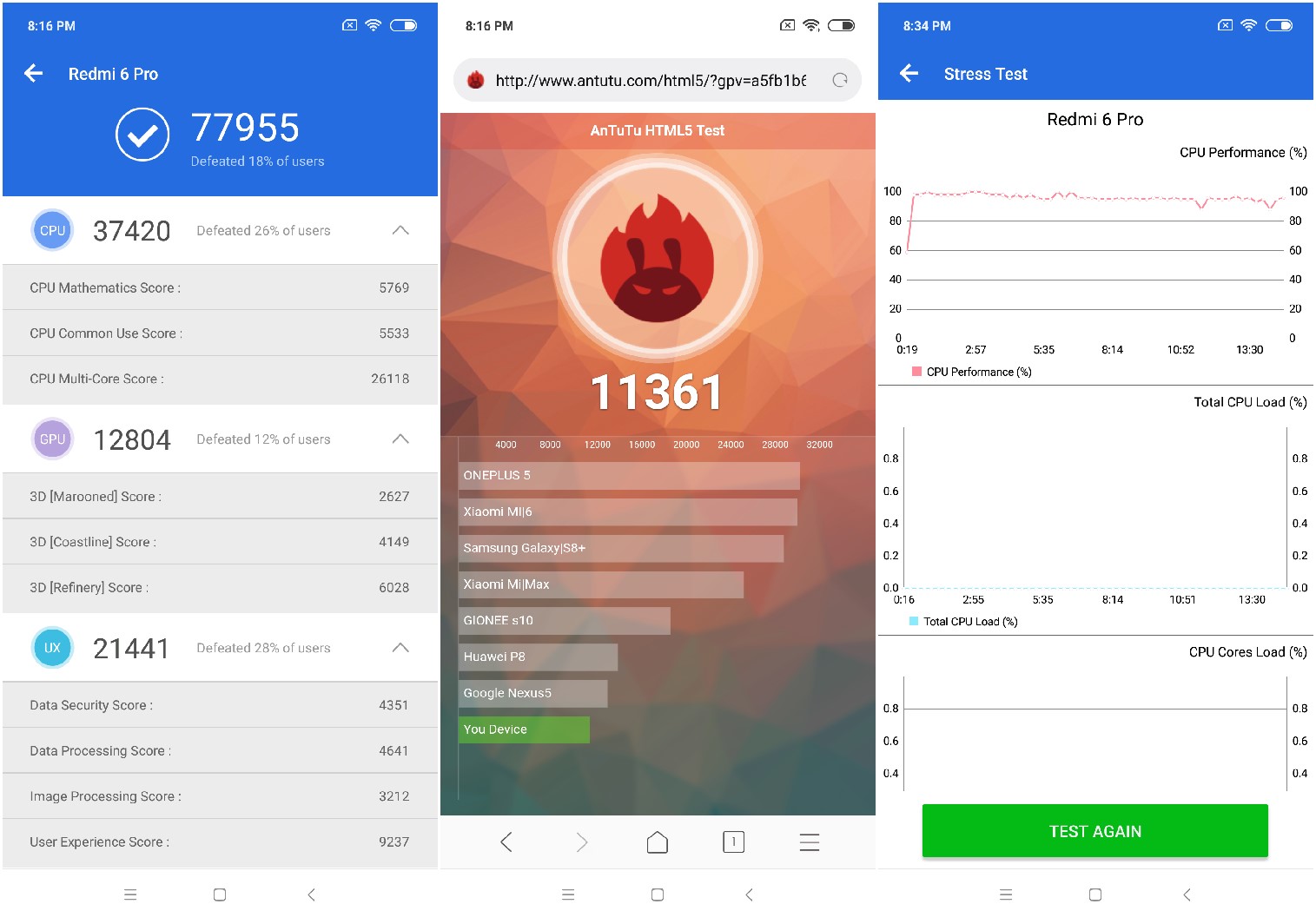
The Redmi 6 Pro boasts of a large 4,000mAh battery — one of the device’s highlights. The phone easily lasts for over a day even on quite active usage. In the HD video loop test, the phone’s battery managed about 20 hours. However, there’s no fast charging which is a bummer.
Overall, the internals make a fine combination for an affordable smartphone, packing enough punch for most users. If you really don’t need much grunt — like some casual users — you can choose to go for the 3GB variant, otherwise 4GB one is the one to go for.
Hardware
The Redmi 6 Pro packs in a tray with dedicated slots for two nano-SIMs and a dedicated memory card. While this is trivial for a lot of users, some really value the memory expansion as well as the use of two SIMs.
The smartphone sports a microUSB port instead of the USB Type-C. Sadly, this is a relic of the past most affordable smartphones stick with even in 2018.
Camera
The Xiaomi Redmi 6 Pro packs in a dual-camera setup at the back with a 12MP primary sensor with a f/2.2 aperture and a secondary 5MP f/2.2 depth sensor. There’s the LED flash as well as PDAF and electronic image stabilization (EIS).
For its price, the camera on the Redmi 6 Pro fares well. Photos shot in daylight outdoors are quite good with a good amount of details and sharpness. The dynamic range could’ve been a tad better though. Low light photography is the Achilles heel of most budget smartphones and Redmi 6 Pro is no different. In low light conditions, it’s hard to get a great shot. There’s a noticeable shutter lag, and the lack of optical image stabilization means you really have to hold the phone steady for a stable shot. There’s also considerable noise in photos taken indoors and in low light conditions.
The Portrait mode on the Redmi 6 Pro does well for its price. It does a good job at edge detection in most cases. The bokeh shots can look artificial sometimes.
The 5MP front camera with f/2.0 aperture does an okay job at selfies. Sometimes in good lighting conditions, you can manage quite rich and vibrant selfies. There are of course artificial intelligence shenanigans in the AI portrait and AI beauty modes if vanity is your thing.
Overall, Xiaomi did well with the camera on the Redmi 6 Pro. It’s not really great, but it’s better than most of what’s offered in this price range. Here are the camera samples in full resolution if you want to do some pixel peeping.
Software
The Xiaomi Redmi 6 Pro is powered by MIUI 9.6, Xiaomi’s proprietary UI layer that runs on Android 8.1 Oreo. The company has promised a MIUI 10 upgrade soon (which is also based on Oreo), but there’s no word about the Android 9 Pie upgrade.
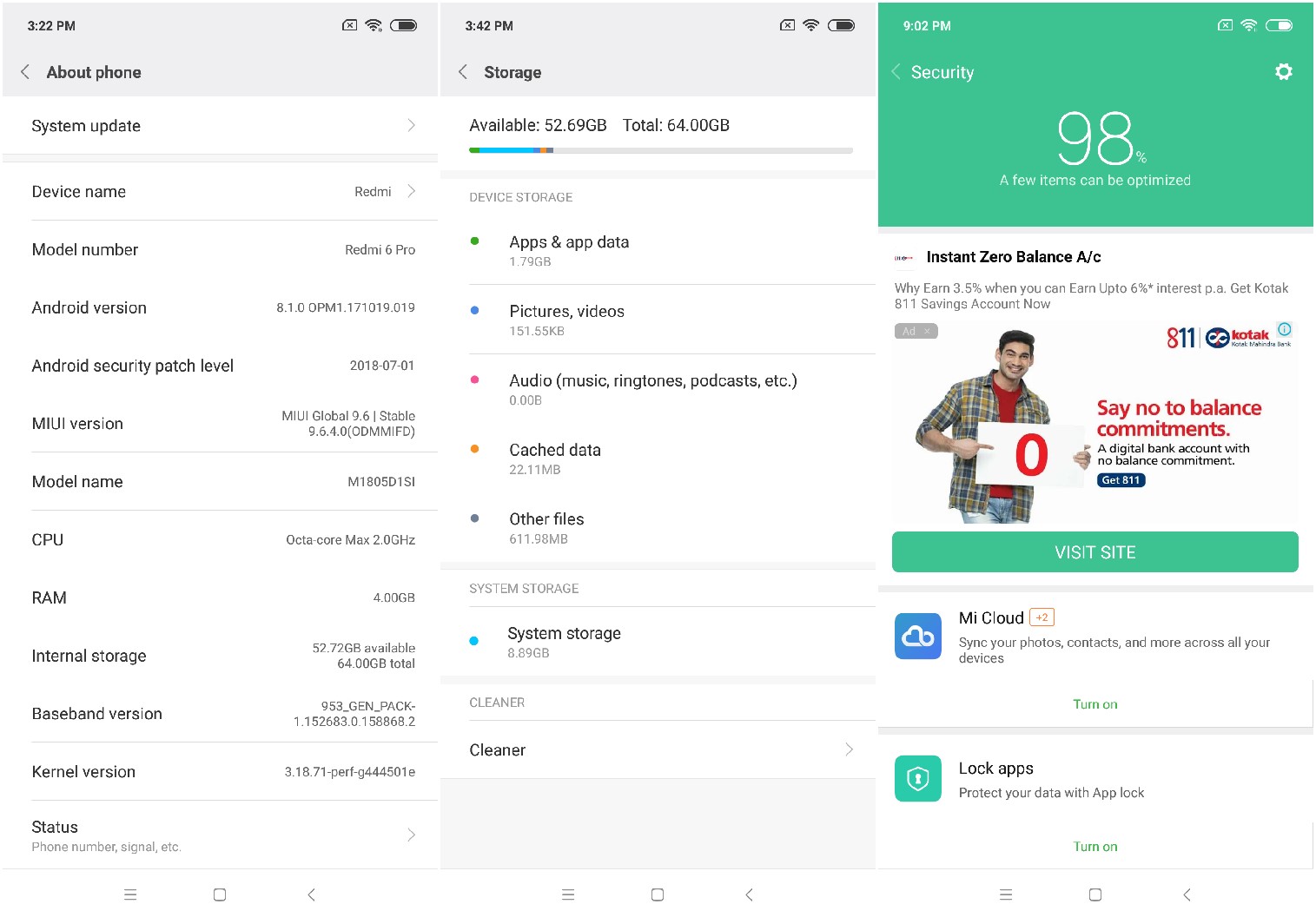
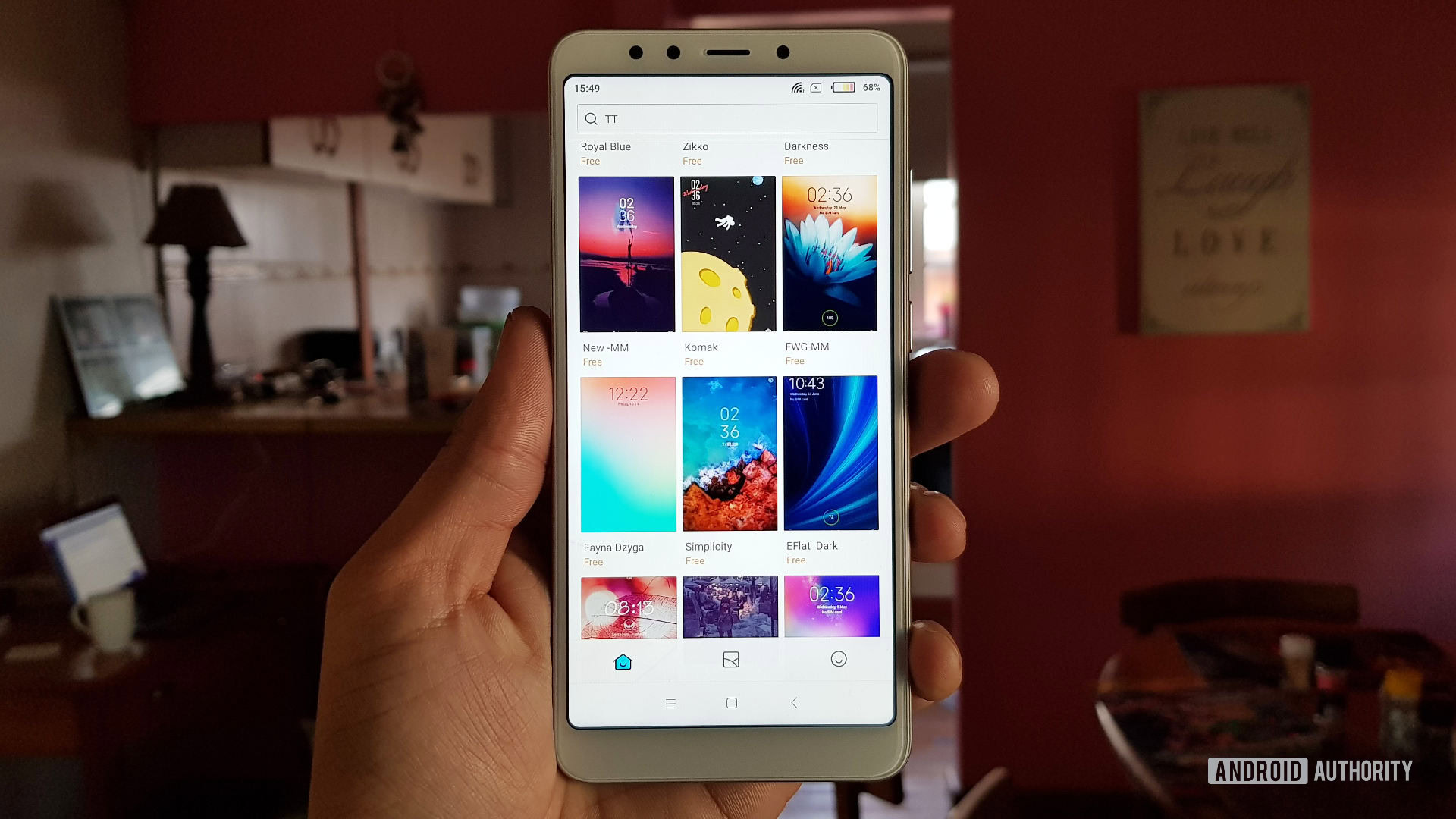
MIUI is one of the better thought out Android skins out there and it has a lot of fans. Several nifty features and utilities enhance the overall smartphone experience. Its gesture-based navigation is a jarring change at first, but becomes muscle-memory after a point and is clearly a better way to navigate.
Xiaomi now displays advertisements across MIUI as well as its pre-installed first-party apps. It’s obviously an eyesore and will annoy a lot of users. Xiaomi doesn’t talk about it, preferring to push its “honest pricing” and low-profit margins. There are also a few pre-installed apps like Netflix, PhonePe, Amazon, Dailyhunt, and Facebook.
Specifications
| Xiaomi Redmi 6 Pro | |
|---|---|
Display | 5.84-inch Full HD+ LCD 2,280 x 1,080 resolution 19:9 aspect ratio |
SoC | Qualcomm Snapdragon 625 Octa-core 2.0GHz |
GPU | Adreno 506 |
RAM | 3GB/4GB |
Storage | 32GB/64GB Expandable up to 256GB with microSD card |
Rear camera | 12MP (Sony IMX486) + 5MP f/2.2 aperture 1.25µm pixel size PDAF Electronic Image Stabilization (EIS) |
Front camera | 5MP |
Battery | 4,000mAh |
Software | Android 8.1 Oreo with MIUI 9.6 |
Dimensions and weight | 149.33 x 71.68 x 8.75mm 178g |
Gallery
Pricing and final thoughts
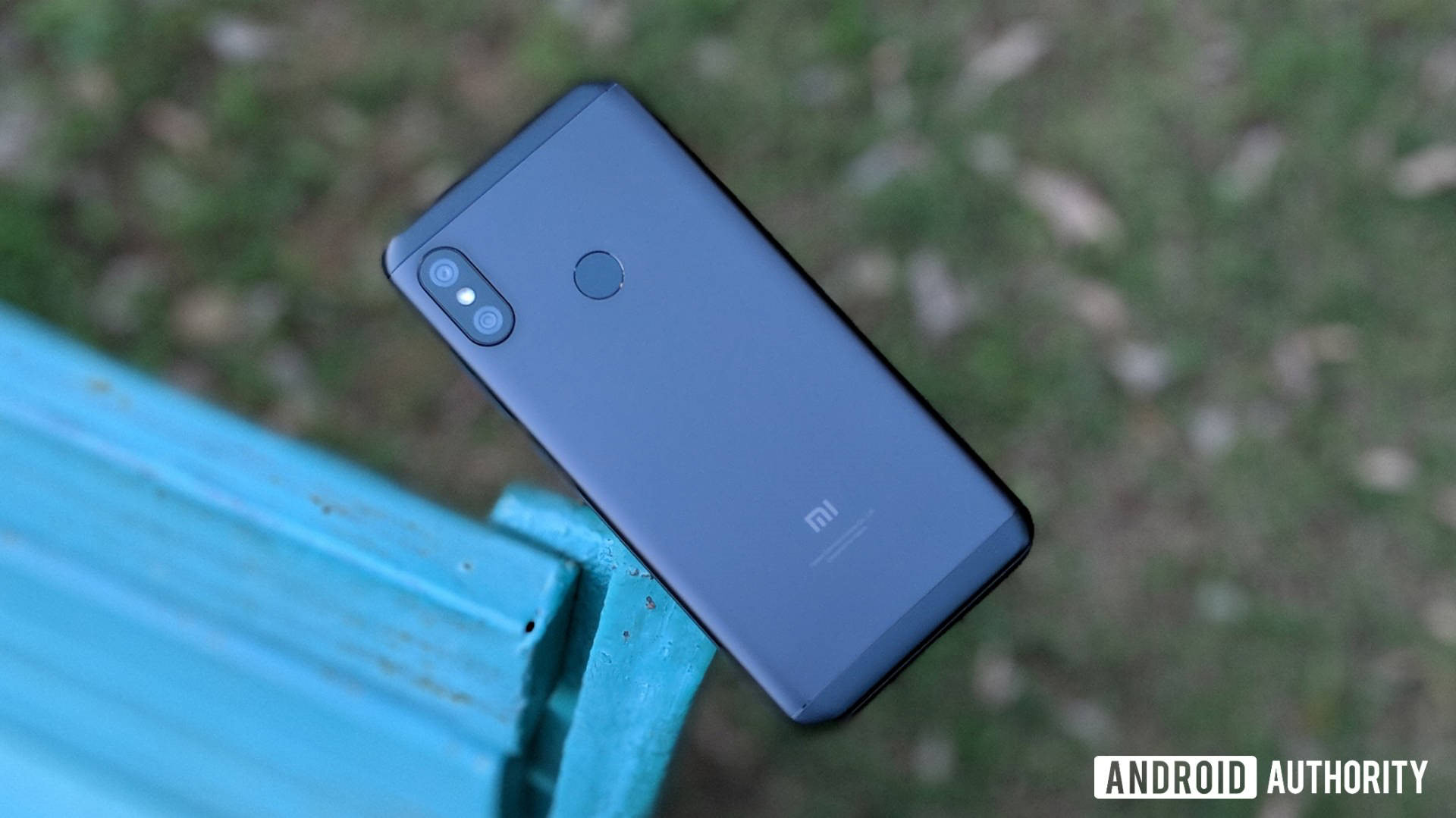
The Redmi 6 Pro sits interestingly between budget and mid-range smartphones. It’s a well-rounded iterative upgrade that adds modern elements.
The Redmi series is mostly an automatic recommendation for someone looking for a budget or mid-range smartphone.
There’s nothing new here. The Snapdragon 625 processor is much maligned by power users, but it does the job well for most budget smartphone buyers.
In India, the Redmi 6 Pro is priced at 10,999 rupees ($153) for the 3GB and 32GB variant and 12,999 rupees for the 4GB and 64GB variant ($180). This pricing might be revised after a couple of months because of the falling rupee in the country, but any increase would make things slightly difficult for Xiaomi.
The Redmi series is mostly an automatic recommendation for someone looking for a budget or mid-range smartphone, and the Redmi 6 Pro is no different. It’s a reliable and functional smartphone in a compact, well-built chassis, even if a tad boring.
Next: Pocophone F1 review: Can’t argue with Snapdragon 845 for $300